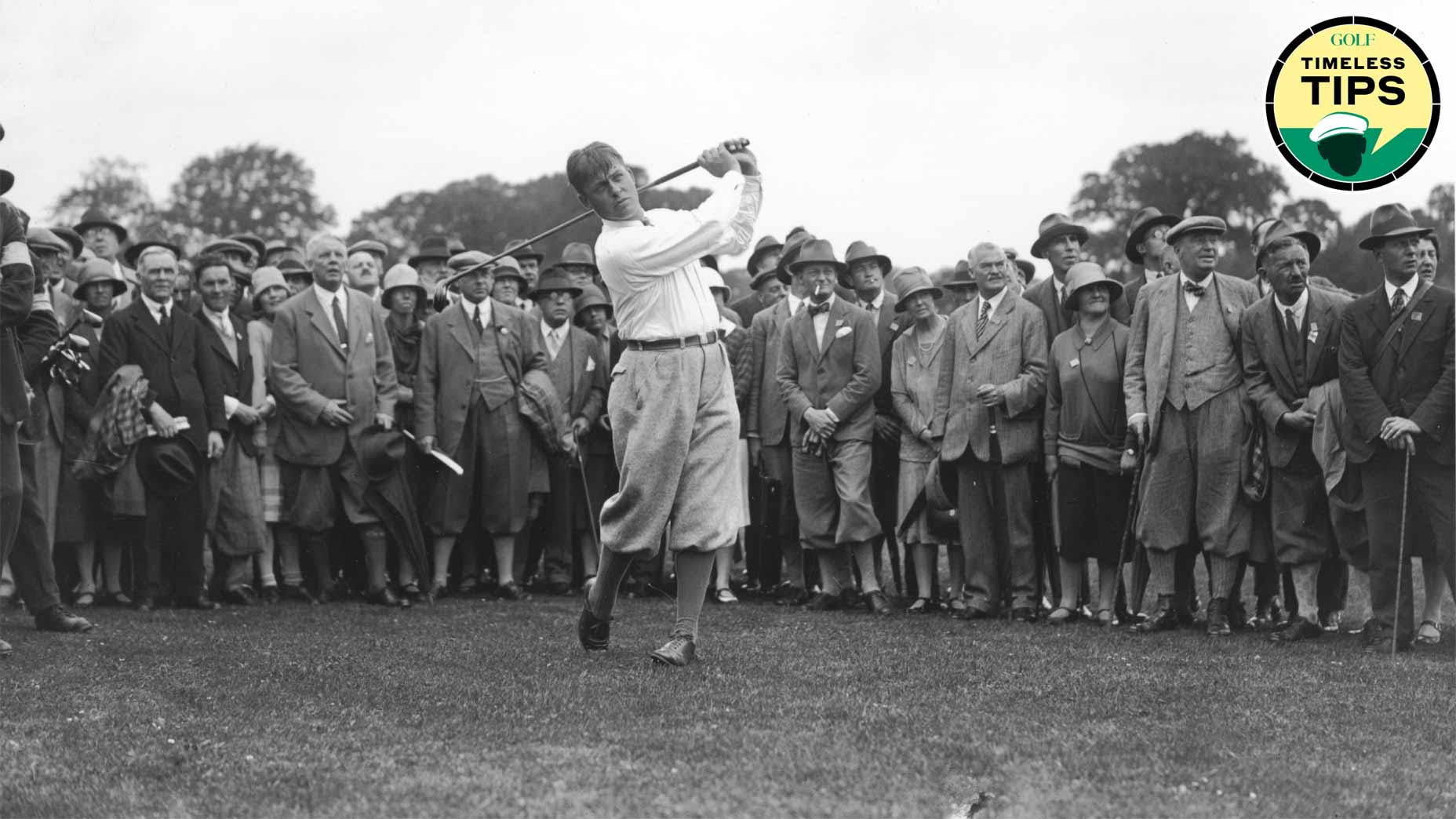The best way to pick up the game of golf is to do so at a young age. There is no phrase more common among late-blooming golfers than “I wish I’d started playing as a kid.” It’s much easier to learn the game when you’re young, and it gives you an advantage over most players who start later in life.
5 tips to get your kids interested in golf, according to a GOLF Top 100 TeacherBy: Zephyr Melton
Now, if you’re reading this, you’ve likely already matured past childhood, so the “start-early” technique might be expired. However, you can still implement this lesson for the next generation, whether it be your child or anyone else who hopes to learn the game at a young age.
Teaching kids can be a difficult task. Golf is not the easiest sport to take up, and frustrations and child-like tantrums can ruin the game if not taught properly. But there are some great methods you can use when coaching a kid, courtesy of Ian Poulter, who’s in the process of teaching golf to his son, Joshua.
Check out his video or read below for three golden rules for coaching a kid.
1. Focus on fundamentals
The most important thing to do when teaching a child is focusing on fundamentals. That’s not to say that kid needs to have a swing that looks like Ben Hogan, but there are certain pieces of that you want to emphasize: setup, posture, ball position and alignment among them. If they nail those fundamentals, they’ll be in great shape to develop an effective swing.
2. Mix in challenges
Let’s face it, kids have short attention spans. Going to the range and beating ball after ball isn’t the most fun and engaging thing for them in a world of Tik Tok and Fortnite. So try to come up with fun ways to practice. One of the best ways to do this is to incorporate challenges. Have a closest-to-the-pin contest or see who can hit the longest drive. When there’s some element of challenge incorporated into the practice routine, it’s way more fun and likelier they’ll stay engaged.
3. Make it lighthearted
Always remember, golf is just a game — it’s supposed to be fun! Don’t take it too seriously or you’ll risk turning them off to the sport forever. Even when they make mistakes, do your best to be light-hearted and keep it fun. If you can do that, they’ll be a fan for life.











